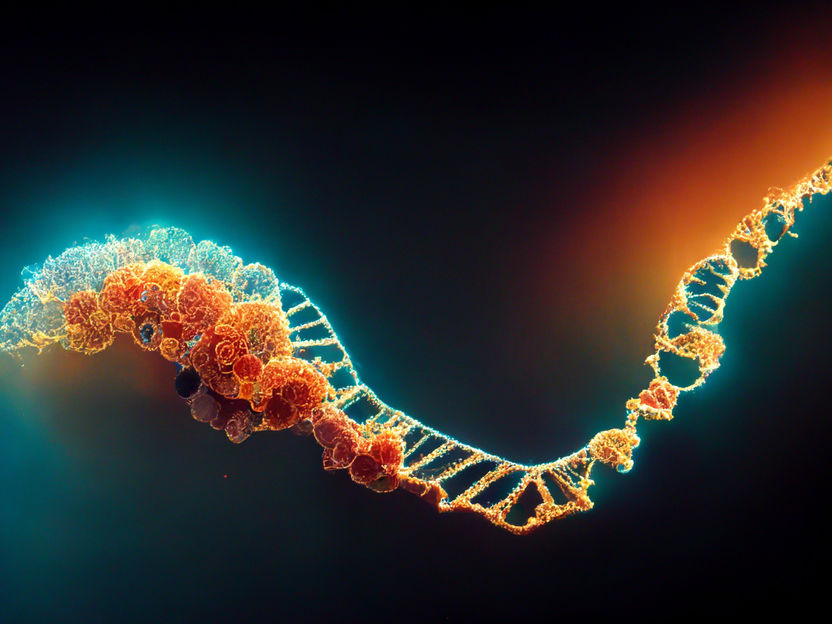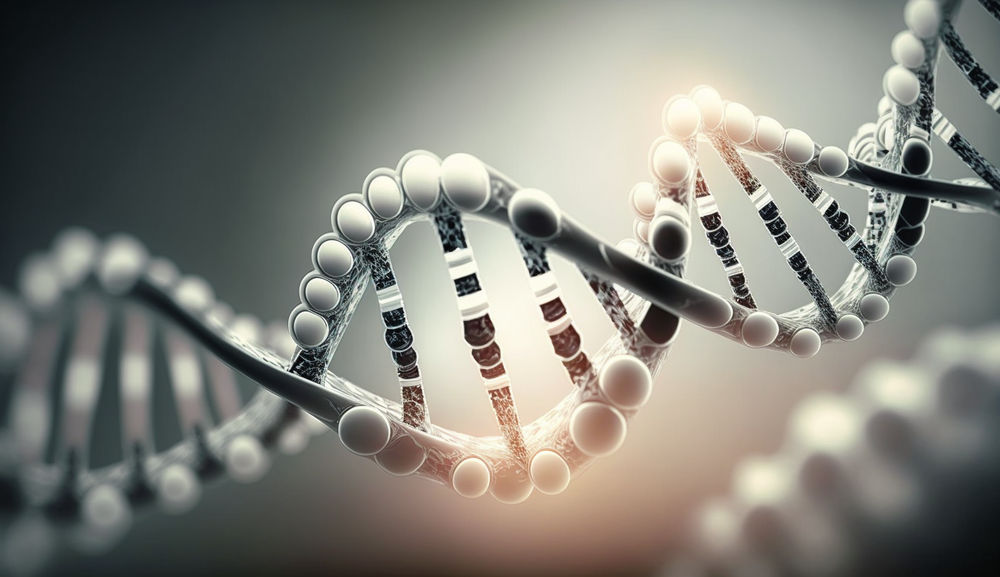EditForce Realizes RNA-editing Technology of "U-to-C"
Possibility to edit mutations which could not have been the target with the existing technologies
Advertisement
EditForce, Inc., a Kyushu University-originated venture company headquartered in Fukuoka, Japan, has realized the world's first RNA-editing technology that enables RNA-editing bases to be changed from "U" to "C," and demonstrated that this technology works even in human cells in a joint study with Professor Takahiro Nakamura, Faculty of Agriculture, Kyushu University. The study opens up the possibility of editing gene mutations which could not have been the target with the existing technologies, and is expected to contribute to the R&D of therapies for various genetic diseases. EditForce will improve safety and editing efficiency in its development activities to establish innovative gene therapy technologies. The study was published in the scientific journal "Communications Biology" on September 15 (September 16 in JST), 2022.

Symbolic image
Computer generated picture
Outline of research
A genome existing in each human cell consists of four nucleotide bases -- A, C, G, and T -- of which the sequence holds the information necessary to make up a human body. Cells generate RNA consisting of four nucleotide bases -- A, C, G, and U -- based on genomic sequences, and then produce protein according to the sequences of RNA. However, changes in a single nucleotide on a genome or RNA sequence cause a variety of diseases. Treatment of these diseases requires single base-editing technology of repairing genomic or RNA mutations to bring the sequences back on the normal track.
Currently, genome-editing technology has been developed rapidly, but the development of editing technology for RNA sequences remains limited. Especially as regards a single base substitution, technologies have been established to substitute "C" with "U" and "A" with "G," but the substitution of other bases is yet to be realized.
The study clarified the mechanism of RNA editing in plants to substitute "U" with "C," based on which EditForce has realized the world's first RNA-editing (base substitution) technology that substitutes "U" with "C" and the company demonstrated that this technology works in human cells.
Base-editing technologies can be applied to the treatment of diseases caused by a single mutation, and "U-to-C" RNA-editing technology of the study opens up the possibility to edit mutations which could not have been the target with the existing technologies. Further, repairing mutations by RNA editing without changes in genome sequence will enable EditForce to provide safer treatments to patients. The company expects that this technology will establish a novel gene therapy by improving safety and editing efficiency in its development activities.
Original publication
Ichinose M., Kawabata M., Akaiwa Y., Shimajiri Y., Nakamura I., Tamai T., Nakamura T., Yagi Y. und Gutmann B.: „U-to-C RNA editing by synthetic PPR-DYW proteins in bacteria and human culture cells", Commun Biol. 5, 968 (2022).
Other news from the department science
Most read news
More news from our other portals
Something is happening in the life science industry ...
This is what true pioneering spirit looks like: Plenty of innovative start-ups are bringing fresh ideas, lifeblood and entrepreneurial spirit to change tomorrow's world for the better. Immerse yourself in the world of these young companies and take the opportunity to get in touch with the founders.
See the theme worlds for related content
Topic world Gene therapy
Genetic diseases once considered untreatable are now at the center of innovative therapeutic approaches. Research and development of gene therapies in biotech and pharma aim to directly correct or replace defective or missing genes to combat disease at the molecular level. This revolutionary approach promises not only to treat symptoms, but to eliminate the cause of the disease itself.

Topic world Gene therapy
Genetic diseases once considered untreatable are now at the center of innovative therapeutic approaches. Research and development of gene therapies in biotech and pharma aim to directly correct or replace defective or missing genes to combat disease at the molecular level. This revolutionary approach promises not only to treat symptoms, but to eliminate the cause of the disease itself.
























































